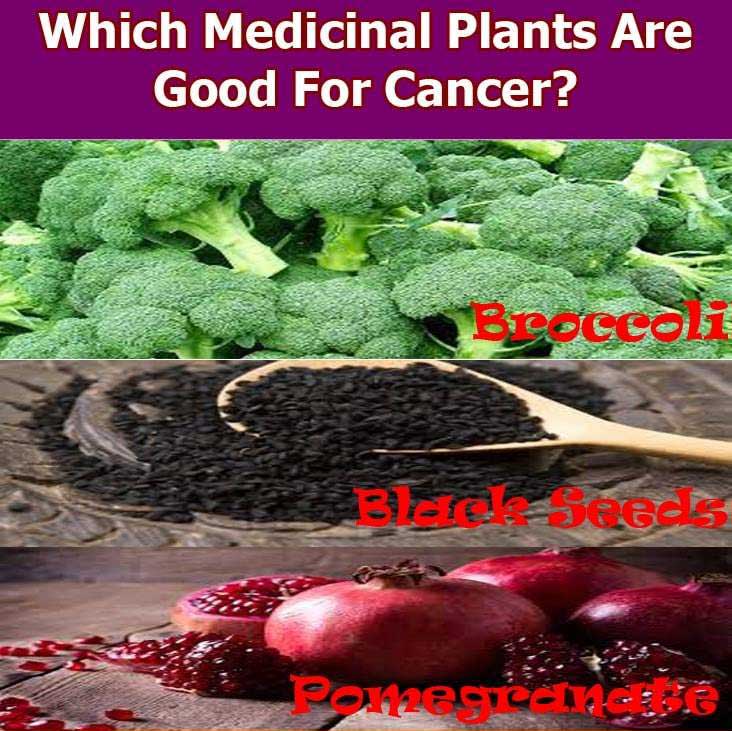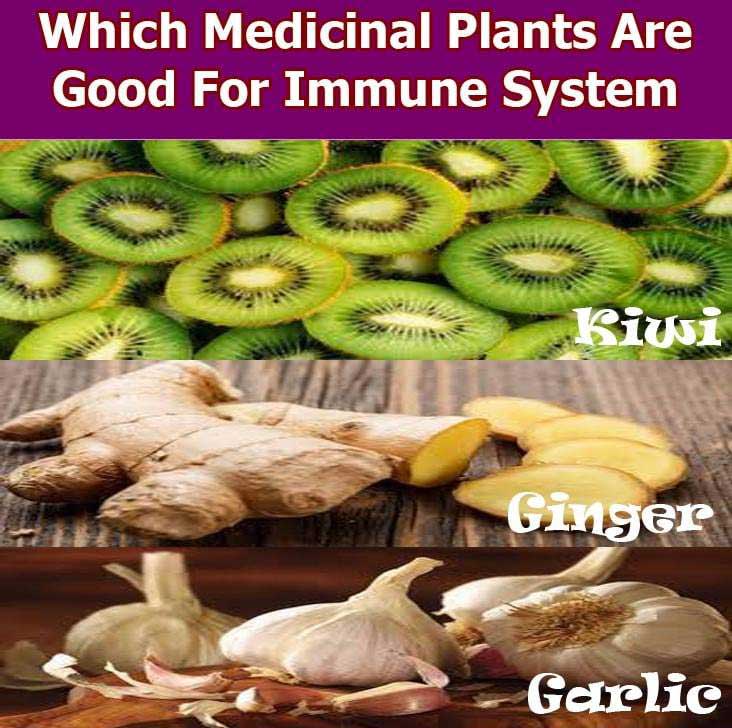Which Plants Are Good For Diseases?
Pomegranate, flaxseed, cinnamon, leeks, black seed, onion, almonds, and many other medicinal plants cancer, heart-vascular health, Alzheimer’s, insomnia, diabetes, lack of breast milk to help prevent and resolve dozens of diseases.
Dietitian Emre Uzun (Turkish Doctor), which plant is good for what ailment, which medicinal plants in which way, what amount and who can be used by telling.
The use of medicinal plants that humanity has used for thousands of years to find healing has turned into a fashion that has influenced the whole world in recent years.
The day does not pass by someone to tell the benefit of this or this plant, drink a glass of glass and do not recommend to eat a spoon.
Dietitian Emre Uzun gave the following information about herbs:
It is not easy to find information on which plant can be eaten and how much can be eaten and who can benefit and harm.
Indeed, the use of medicinal plants in the treatment of diseases is almost an age-old method of human history. However, first of all, we do not emphasize that a plant that certainly cures disease.
You can say that a plant will only support the treatment or prevention of an illness or disease. However, you cannot recommend each plant to every person because there are some medicinal plants that have some diseases that can be damaged more than benefit when they use that plant.
Like any food that is considered healing, medicinal plants must be used in a certain amount.
It is very important that medicinal plants that can be used to prevent today’s discomfort and disease or to support treatment and which amount of them should be used, who should be useful, and who should be harmed.

Which Medicinal Plants Are Good For Cancer?
• Broccoli: Selenium, potassium is rich in sulfur and dietary fiber. It is effective in eliminating cancer by affecting cells that cause cancer.
It is protective against the urinary tract, large intestine, and breast cancer. It should be consumed by raw or steamed.
• Black Seed: It is a very rich source of vitamins and minerals. Vitamin A, C, B1, B2 and B6 vitamins and selenium, zinc, magnesium minerals containing thymoquinone thymol derivative is the most important compound in black seed.
Thymoquinone is useful for lung, head and neck, thick bowel, liver, abdominal membrane, leukemia, lymphoma, breast, pancreas, prostate, and soft tissue cancers.
One teaspoon can be consumed per day. It is not recommended to use during pregnancy.
• Pomegranate: Contains plenty of vitamin C, polyphenols, iron and potassium to strengthen the immune system. It also has the ability to balance cholesterol and blood sugar and prevent the development of cancer cells.
Prostate cancer is the most common cancer in men. Studies have shown that proliferation rate slows down cancer cells.
Which Medicinal Plants Are Good For Cardiovascular Diseases?
• Onion: It reduces bad cholesterol, which leads to the hardening of arteries and raises good-natured cholesterol by cleaning the blood.
In addition to being natural antibiotics, potassium minerals and vitamins B and C contain.
Diabetics and pregnant women should consume under the supervision of a doctor.
• Flax Seed: It is rich in vitamins C, E, and K as well as calcium, copper and iron minerals. Omega-3 fatty acid content is high. It is antioxidant and balances cholesterol. It also protects cardiovascular health by balancing blood sugar.
Regular consumption can lower bad cholesterol and raise good cholesterol. It can be consumed by adding 1 tablespoon of yogurt or salad.
• Safflower: It has antibacterial and antioxidant properties. It regulates blood, allows to clot. It is not recommended for individuals who have clotting problems and take blood thinners. 1 gram of safflower can be consumed in a glass of boiling water.

Which Medicinal Plants Are Good For Alzheimer’s?
• Cinnamon: Cinnamon smell has a stimulant effect on memory. Milk can be added to desserts, salads or consumed in the form of tea.
Drink 1 cup of tea a day, if it will be used in powder half teaspoon should be consumed. If consumed more than this amount on a daily basis, constipation can cause blood sugar to drop.
• Turmeric: Prevents progression of the disease, as well as plays a role in the prevention of disease. It can be consumed by participating in meals or milk. However, turmeric should not be used with blood thinners.
• Almonds: if consumed 5-6 times a day with rich vitamin E content, progression of disease affects. Daily consumption should not exceed a handful.
Consumption more than the recommended amount can lead to weight gain, interaction with some drugs and allergy, constipation due to the inability of increased fiber to be digested.
Which Medicinal Plants Are Good For Diabetes?
• Cinnamon: It is rich in fiber which facilitates digestion and balances blood sugar. 1 cinnamon stick or half a teaspoon of spice daily in form or brewed as a cup of tea is suitable for consumption.
• Almonds: It has a low glycemic index as well as high fiber and rich unsaturated fat content. It helps to prevent blood sugar rises and maintain long-term toughness. Instead of 5 olives for breakfast, 6 almonds can be preferred or consumed with milk products or fruit at intermediate meals.
• Leeks: High-nutrient fiber, A, C, K and B6 in terms of the vitamin is a rich vegetable. Studies have shown that reduces blood sugar and high cholesterol by stimulating insulin secretion from the pancreas.
If steam is cooked in a short time, food losses are prevented and a healthier consumption path is obtained.

Which Medicinal Plants Are Good For Immune System Weakness?
• Garlic: It is a natural antibiotic. Strengthens the immune system and increases immune system cells. 2 garlic cloves per day is sufficient. Hypertension patients should consume controlled.
• Ginger: It has a positive effect on inflammation, blood clotting, cholesterol, and heart disease. It has antibacterial and antioxidant properties.
It can be used as a tea or as a spice in meals. It should not be used more than 4 grams per day. Excess consumption can lead to heartburn, rhythm disorders.
• Kiwi: It is a fruit that can be consumed with high vitamin C content in summer and winter. 1 kiwi daily vitamin C is useful in meeting the need. Consuming more than the recommended amount can cause skin problems, diarrhea, and nausea.

Which Medicinal Plants Are Good For Cholesterol
• Walnut: Prevents accumulation of harmful cholesterol in the blood, lowers high cholesterol and prevents vascular occlusion. Also, is effective in fatigue and exhaustion eating 2 pieces of walnuts a day.
• Almonds: Regular consumption of almonds, helps to balance good and bad cholesterol levels. Due to this feature, cholesterol has an important place in taking measures against problems that may occur as a result of imbalance. Eat 5-6 pieces as an intermediate meal on a daily diet.
• Flax Seed: When consumed up to 50 grams a day, an adult with high cholesterol problems has been found to reduce cholesterol by about 14 percent. It also helps digestion problems. It can be consumed in yogurt.
